|
|
|
Editor's note
|
|
"Anyone who does not report they have fever is the class enemy of the people.” So read a big red banner on display in rural Hubei, the Chinese province at the centre of the new coronavirus outbreak that has killed more than 400 people. For historian Xun Zhou, it was a message reminiscent of the Cultural Revolution, and a stark reminder of how inextricably linked politics and health have always been for the Chinese Communist Party. Under the leadership of Mao Zedong, public health became one of the central means for the Chinese state to influence the masses. The party knew that promises of healing and health were powerful forms of propaganda. And China eventually began to export its rural healthcare model, using it to curry favour in international institutions such as the UN and World Health Organization.
Still, Zhou writes that China is a long way from being the disease free “socialist garden” imagined in the CCP’s utopian plans.
Meanwhile, although people want to avoid flight shame, they are less keen on avoiding flights. Roger Tyers explains the disconnect.
|
Gemma Ware
Global Affairs Editor
|

|
|
Top Stories
|
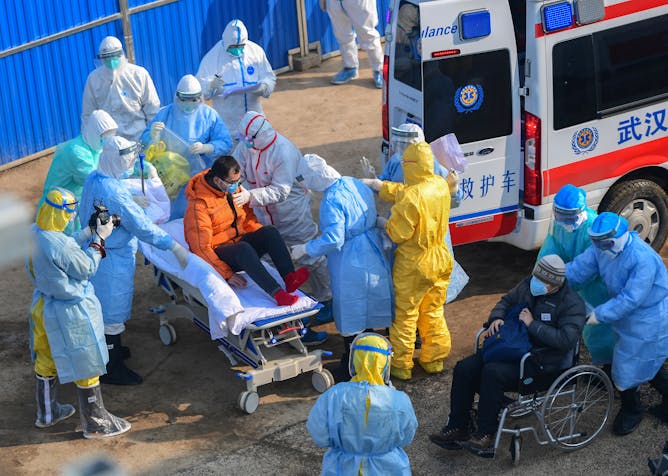
A patient is transferred to a new temporary hospital in Wuhan.
EPA
Xun Zhou, University of Essex
The Chinese Communist Party has long used healthcare as part of its propaganda operation.
|
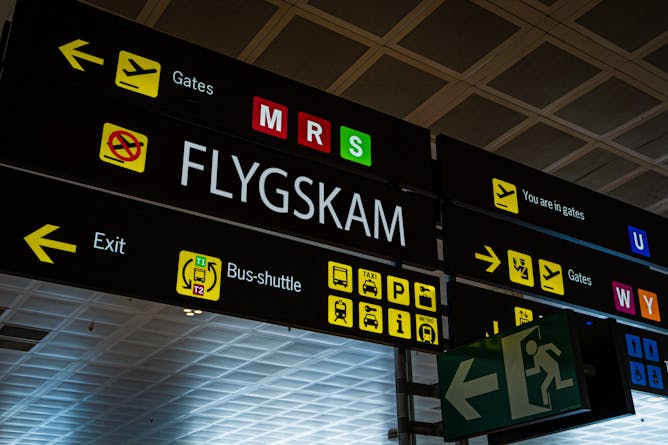
Flygskam, or “flight shame,” has done little to counteract the effects of air travel.
Ivan Marc/ Shutterstock
Roger Tyers, University of Southampton
Carbon offsetting and new airplanes won't keep up with emissions from an ever-expanding aviation industry.
|
Health + Medicine
|

Laura Rossouw, University of the Witwatersrand
The number of users is likely to grow and there are health risks, so now is the time to act.
| |

Ian Hesketh, University of Manchester; Cary Cooper, University of Manchester
Why hit the beach on holiday when you can use your annual leave to be ill at home instead?
|
|
|
Politics
|
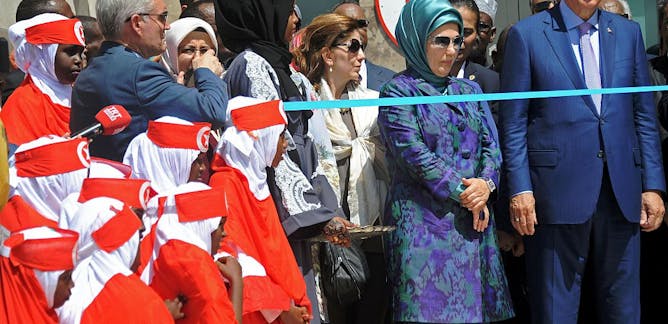
Prof Francois Vreÿ, Stellenbosch University
Turkey harbours strong national ambitions, and a willingness to grow and use its military muscle alongside economic instruments.
| |
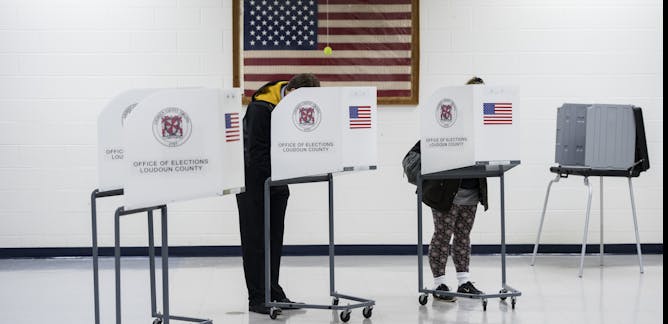
Scott Shackelford, Indiana University
Around the world, elections are under attack. U.S. officials could learn from other countries about how to ensure everyone's vote is recorded and counted accurately.
|
|
|
En Français
|
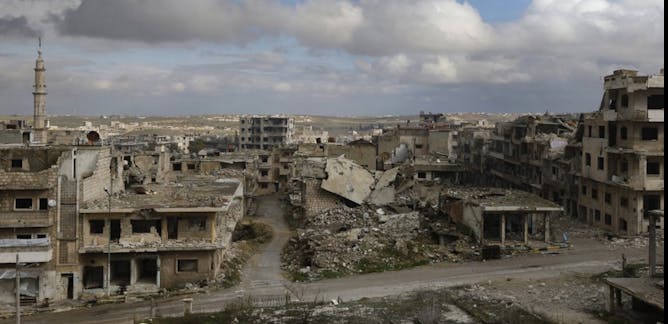
Nicolas Tenzer, Sciences Po – USPC
Ghassem Soleimani n’incarnait pas la stabilité, au contraire. Pour autant, son assassinat ne va évidemment pas apaiser un Moyen-Orient en proie aux guerres et à la déstabilisation politique.
| |

Vanessa Oltra, Université de Bordeaux; Gregory Michel, Université de Bordeaux
Devenue concept valise, souvent synonyme de moralité, l’empathie est présentée comme condition nécessaire et suffisante à l’altruisme et à l’harmonie sociale.
|
|
|
En español
|

Mariano Esteban, Centro Nacional de Biotecnología (CNB - CSIC)
El mundo entero anda preocupado por el coronavirus 2019-nCoV, sin escatimar en recursos para contener su avance. Pero no es el único virus que nos pone las cosas difíciles. Estas son las razones.
| |

Joaquín Olivares, Universidad de Córdoba
¿Se pondría usted en manos de un robot para una cirugía? Los robots que operan existen hace más de lo que imaginamos. Incluso hay algunos que ya son autónomos. El proyecto universitario europeo Hipernav trabaja para que los robots operen tumores.
|
|
|
| |
| |
| |
| |
| |
| |
|
|
|
|
|
|
|